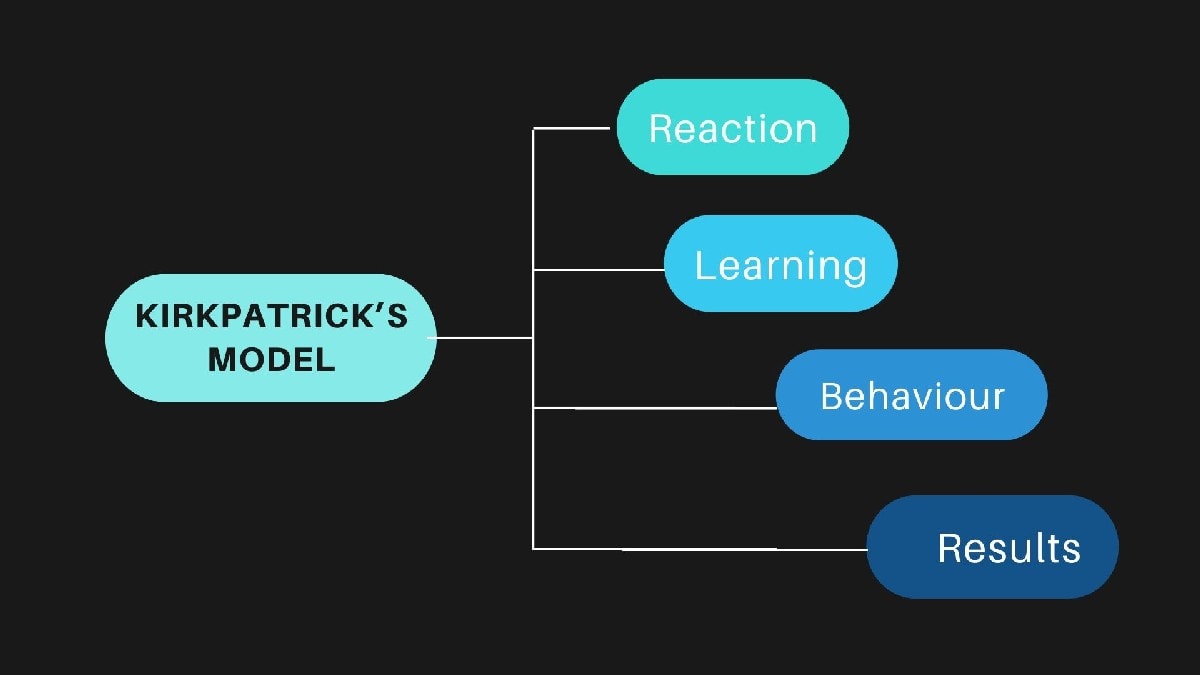Management can be considered as an art and a science because it Shows the features of science as well as art. Because organization or organizing…
Management As A Discipline
There are many proofs that support the claim of management sharing multiple similarities with a discipline. Many of the principles and practices of management are…
Management Science – Concept, Characteristics and Tools
Management science is an interdisciplinary study that involves and helps in decision making and problem-solving in human organizations. It is found to have strong links…
Staffing Process – 11 Importance Steps In Staffing Process
Staffing is the process of hiring eligible candidates in the organization. Every organization no matter small or big has to go through the staffing process….
What is a Press Kit and How to create one?
What is a Press Kit? A Press Kit is a collection of materials that provide information about an individual, company, or product to members of…
Executive Assistant – Job Description, Salary and Skills
The term executive assistant is self-explanatory. It is actually used to describe an employee of an organization who acts in the capacity of a supporter,…
What is Environmental Management? Definition and Importance
Environmental management is defined as a system that incorporates processes for summarizing, monitoring, reporting, developing and executing the environmental policies. The aim of encouraging an…
What is Job Classification? Meaning, Need and Importance
Job classification is defined as a method that is used to make comparisons between different jobs in terms of accountability and tasks while doing a…
Job Rotation Definition – Examples and Advantages
Job rotation is a strategy that employers use to rotate employees through different jobs within the organization. Job rotation can provide many benefits for both…
Kirkpatricks Model – Definition, Meaning and Examples
Kirkpatrick’s model is defined as a process for analyzing training programs and later evaluating them to ensure proficient on-the-job performance. It was developed in the…
Self-Learning – Definition, Importance and Advantages
Self-learning is defined as a method of garnering information and after processing and retaining it without taking the help of another individual. It is the…
Training Evaluation – Definition, Meaning and Types
Training evaluation is defined as a systematic approach where data and information is gathered to ascertain the suitability and effectiveness of a training program. The…
What is Kanban? Principles and Benefits
Kanban is a workflow method to manage and visualize your work progress and can be used for increasing your efficiency. Kanban is a framework that…
How To Tell A Brand Story? (With Examples)
What is a Brand Story? A brand story is a narrative that tells the tale of a brand. It’s the who, what, where, when, and…
Manpower Planning – Definition and Objectives
Manpower planning can be defined as a total estimation of the total number of workers or employees with different skills required for the completion of…














